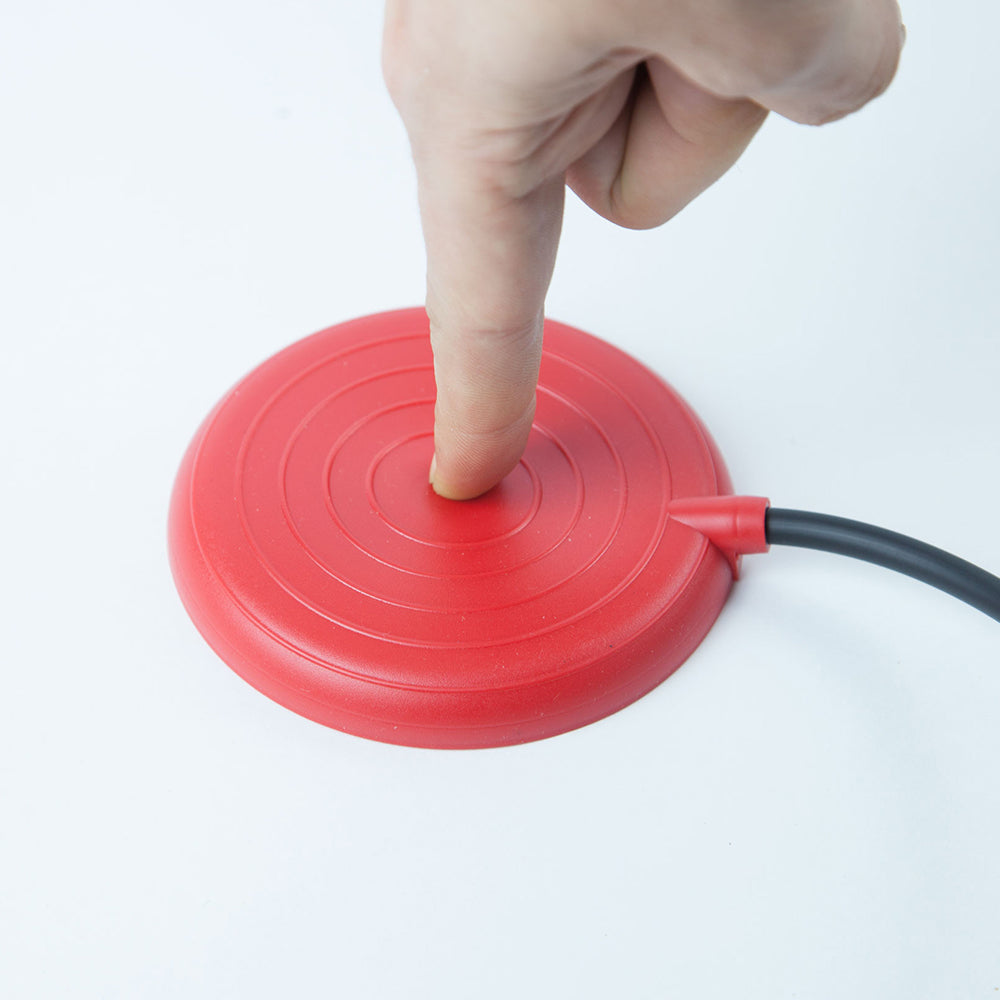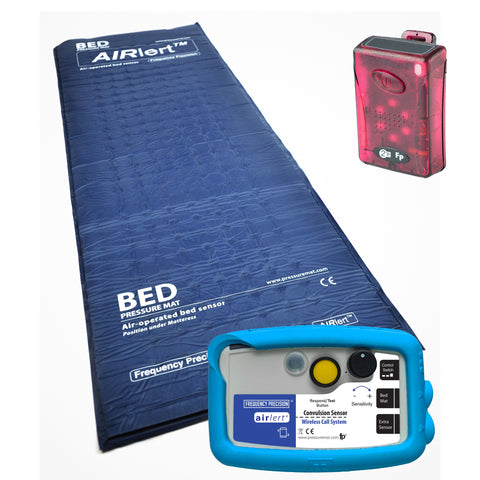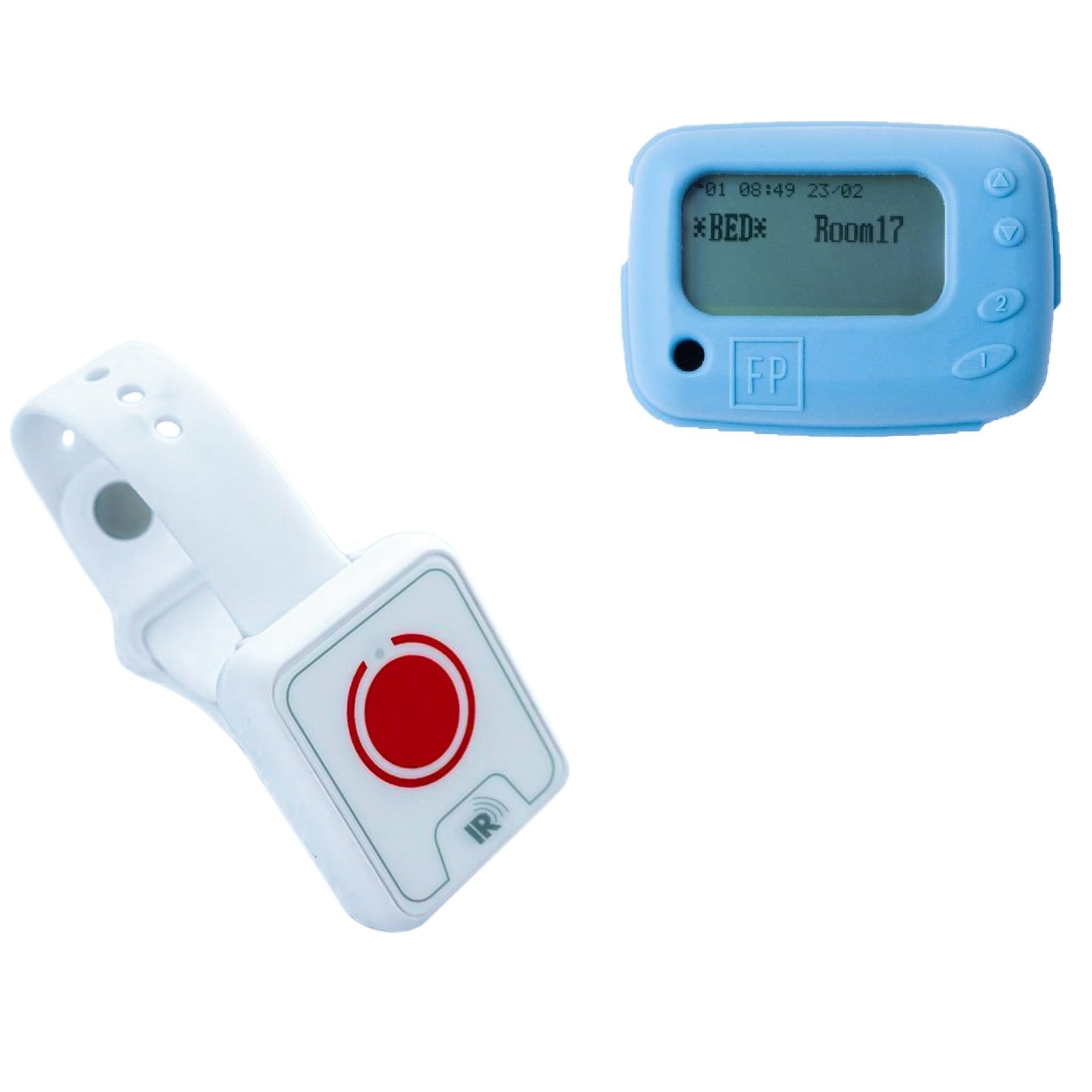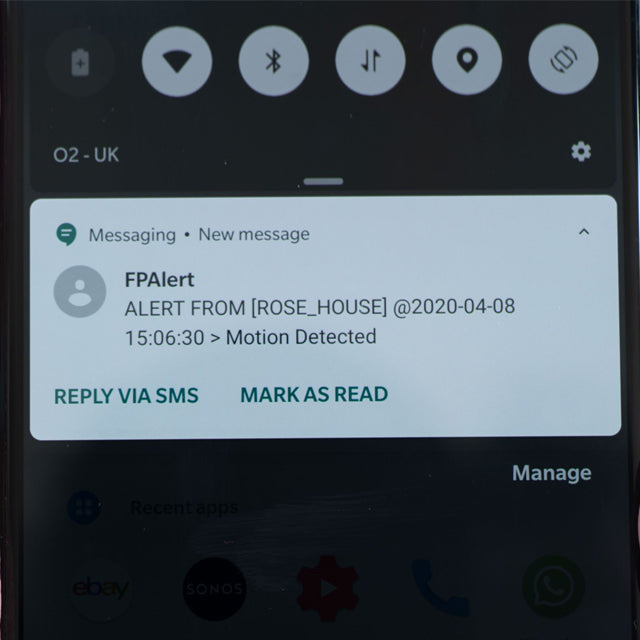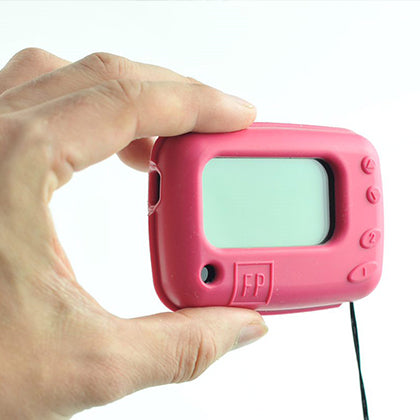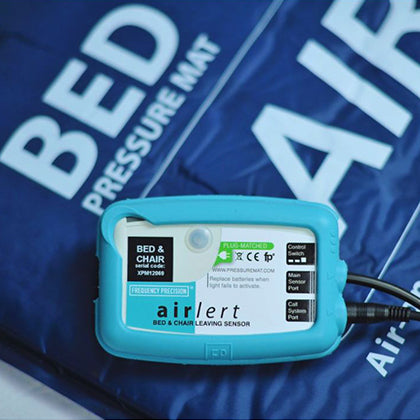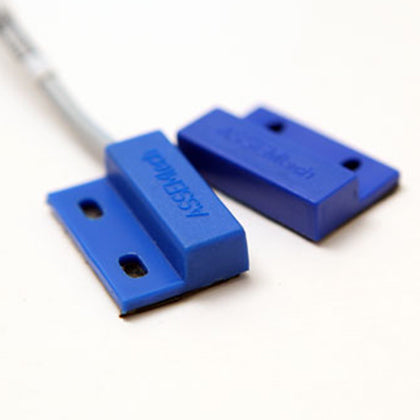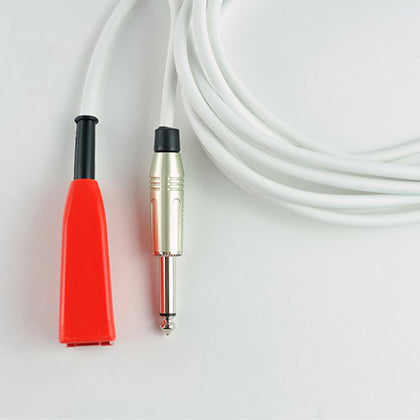Did you know that approximately 1 in every 14 people over the age of 65 in the United Kingdom is affected by Alzheimer's disease or another form of dementia? Dementia is an umbrella term for a range of progressive conditions that affect the brain.
According to the Alzheimer's Society, over half a million Americans under the age of 65 live with younger-onset dementia, with women making up about 59 percent of those affected. Alzheimer's disease is the most common type of dementia, affecting 60-80% of patients diagnosed with dementia.
Caring for patients with dementia can be challenging for nurses, as these individuals often require significant attention and support. Nurses in dementia care often experience stress and emotional strain, making it essential to address their well-being to ensure they can provide the best care possible. Managing care for dementia patients requires self-care strategies for nurses to maintain their own health and effectiveness. Engaging in relaxation techniques can be a valuable way for nurses to manage stress and maintain their emotional resilience.
Although there is currently no cure or way to prevent dementia, and treatments cannot fully eliminate symptoms, there are effective strategies nurses can employ to provide compassionate and comprehensive care for dementia patients. As dementia is a palliative diagnosis, care focuses on improving quality of life and managing symptoms rather than seeking a cure. Getting an early diagnosis of dementia can lead to better treatment options and advance decision-making. A person-centered approach involves developing a therapeutic relationship with individuals with dementia, ensuring their care is tailored to their unique needs and preferences.
1. Conduct a Thorough Safety Assessment
Ensuring safety is paramount when caring for residents with dementia, as they face a higher risk of falls and injuries both day and night. Utilising care assist and alert systems tailored for nursing homes, such as wireless bed and motion sensors, can significantly enhance safety measures. Adjusting the environment to create a more dementia-friendly space can also help residents maintain a sense of independence and security. People with dementia may have problems taking medicines due to poor short-term memory, which can further complicate their care.
Additional safety precautions include:
- Eliminating tripping hazards like throw rugs, electrical cords, clutter, and low furniture from frequently used areas.
- Installing securely anchored grab bars near toilets, tubs, and showers to provide stable support.
- Placing night lights in hallways and bathrooms, as well as exterior lighting near doors, to improve visibility during nighttime.
- Safely storing or locking away hazardous items such as cleaning products and medications to prevent accidental ingestion or contact.
2. Place bed pressure mats
Hospitals can also utilise bed floor mats and specialised bed alarms designed specifically for dementia patients who are at risk of falling out of bed. These advanced devices serve as early warning systems by alerting nursing staff immediately when a patient attempts to climb out of bed, enabling a swift and timely response to prevent potential injuries. Incorporating such technology into dementia care not only enhances patient safety but also provides caregivers with greater peace of mind, ensuring that vulnerable residents receive attentive and proactive supervision throughout the day and night.
3. Install Emergency Call Bells in Hospital Rooms
In addition to having a caregiver present, installing an emergency call bell within the patient's room is highly beneficial. This allows residents to easily alert nursing staff when they need assistance, without having to search for help themselves.
Placing an easy-to-press call button within reach of the bed or chair ensures prompt communication and faster response times. Some rooms also feature emergency phones that enable residents to call for help directly. These systems save valuable time during emergencies and empower residents to address their needs independently.
Explore our range of emergency call solutions, including fall prevention sensors, easy-press call buttons, toilet alarms, and seizure detection devices, available at Frequency Precision.
Don’t wait—browse our collection today to enhance safety and support for dementia patients in your care.
Final Thoughts
Caring for dementia patients requires a comprehensive and compassionate approach that addresses their unique needs and challenges. Nurses play a crucial role in providing dementia nursing care by ensuring safety, managing symptoms, and offering emotional support to both patients and their family members. Establishing a routine can reduce anxiety and restlessness in dementia patients, helping them feel more secure and comfortable. Proper nutrition is essential for maintaining the health of dementia patients, as it supports their overall well-being and helps manage symptoms. Utilising tools such as safety assessments, bed pressure mats, and emergency call bells can significantly reduce risks and improve the quality of life for people living with dementia.
Moreover, collaboration with community mental health nurses, admiral nurses, and voluntary organisations can provide expert support and advice, helping to create effective care planning tailored to each person's condition. Nurses must also focus on maintaining the physical health of patients, monitoring for conditions like vascular dementia, and managing depression and other emotional symptoms that often accompany the diagnosis. Family carers often experience high levels of stress and neglect their own wellbeing while caring for a relative with dementia. Under the 2014 Care Act, the wellbeing of family carers is seen as equally important as that of patients, ensuring a holistic approach to dementia care. Carers whose relative is admitted into hospital or a care home might be having their first break for some time, highlighting the importance of supporting them during these transitions. Carers can request a carer's assessment to see what might help make their life easier, ensuring they receive the support they need.
Incorporating best practice techniques, such as maintaining eye contact, using short sentences, and providing personal care with respect and dignity, helps build trust and improve communication with residents. Active listening improves communication with dementia patients by ensuring they feel heard and understood. Allowing extra time for responses is beneficial when speaking with dementia patients, as it gives them the opportunity to process information and express themselves without feeling rushed. It is equally important to engage family members and carers, offering them guidance and counselling to cope with the stress and demands of caregiving. Sharing experiences with other carers can be a great support as they understand what each other is going through.
By staying informed about the latest treatments and services available in primary care and social services, nurses can ensure that dementia patients receive the right support at the right time. Through dedicated practice, expertise, and a person-centred approach, nurses can lead the way in delivering high-quality dementia care that enhances life for older people and those affected by memory loss.
Frequently Asked Questions
What are the key symptoms nurses should monitor in dementia patients?
Nurses should be vigilant for a range of dementia symptoms including memory loss, confusion, difficulty communicating, changes in mood or behaviour, and problems with coordination or motor skills. Symptoms of dementia can progress slowly or quickly, depending on various factors, making it crucial to monitor patients closely. The assessment process for dementia can be complicated due to overlapping symptoms with other conditions, requiring careful evaluation to ensure an accurate diagnosis. Early identification of these symptoms can help in providing timely support and adjusting care plans accordingly.
How do nurses provide personalised care for people with dementia?
Providing care tailored to the individual involves understanding each person's history, preferences, and current abilities. Nurses use person-centred approaches that respect dignity and promote independence, such as involving patients in daily activities and offering personal items that provide comfort and familiarity.
What skills are essential for nurses caring for dementia patients?
Critical skills include effective communication techniques like using short sentences and maintaining eye contact, patience, empathy, and the ability to manage challenging behaviours. Nurses also need to be knowledgeable about dementia UK guidelines and best practices to provide expert support.
How can nurses assist family members and carers?
Nurses offer support by advising family members on managing symptoms, providing emotional counselling, and connecting them with voluntary organisations and social services. This holistic approach helps reduce stress and enhances the overall care environment.
What safety measures are important in care homes for dementia patients?
Ensuring safety involves conducting thorough risk assessments, eliminating hazards, installing grab bars, and using technology such as bed pressure mats and emergency call bells. These measures help prevent falls and accidents, promoting a secure environment.
Where can nurses find further information and resources on dementia care?
Nurses can access further information through dementia UK, community mental health nurses, admiral nurses, and primary care services. Professional training, workshops, and reputable online resources also provide valuable details to enhance dementia nursing care. Support groups can be found on the Alzheimer's Society website to help carers cope with their roles.

